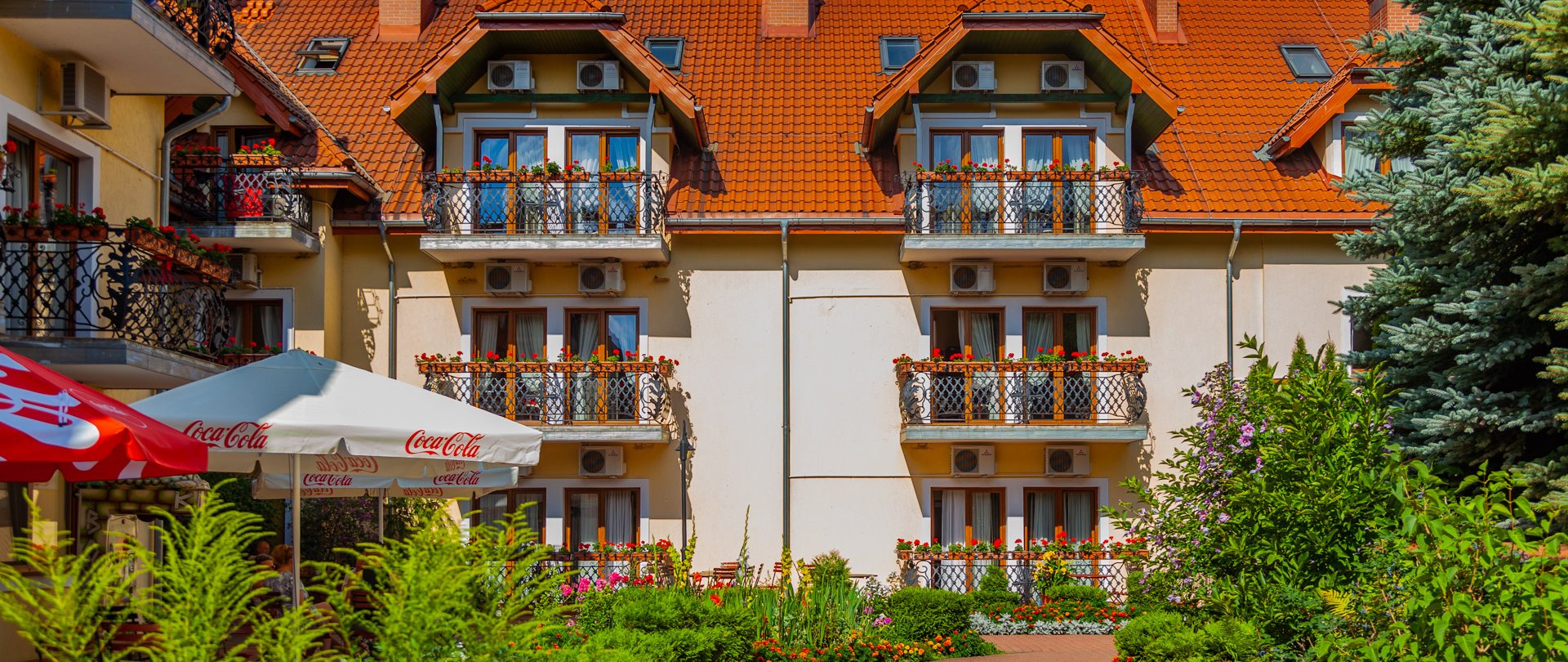Current regulations in relation to the outbreak allow certain professional groups and people who need accommodation for strictly defined reasons to stay overnight in the hotel. All those who:
- are in the medical profession;
- are patients or carers of patients and are staying overnight to receive healthcare, the treatment may take place in a facility close to the hotel or in the hotel itself (e.g. when physiotherapy treatments are performed in the hotel);
- are members of the crew of an aircraft;
- perform work or provide services on ships or offshore oil and gas platforms under a relationship other than a seafarer's employment contract;
- perform road transport;
- are members of the train crew and other workers essential for carrying out rail transport services;
- are employees of the railway infrastructure manager working in positions directly related to the operation and safety of railway traffic and to the operation of specific types of railway vehicles;
- perform professional activities in the scope of realization of public purpose investments or realization of investments concerning telecommunication infrastructure and networks, including ensuring continuity of provision of telecommunication services, outside the place of permanent residence;
- are players, coaches or members of the training staff, and use hotel services during training camps or sport competitions;
- take, organise or conduct an examination confirming professional qualifications or a vocational examination;
- are attorneys, defence counsels, attorneys of parties to criminal, civil or administrative proceedings, legal representatives, witnesses, experts, court interpreters and are accommodated in a hotel on the day of a court session or review of a case file and on the day before;
- are employees of an entity ensuring the continuity of operation of critical infrastructure of the energy, raw materials and fuels supply system;
- are officers or soldiers of the Armed Forces of the Republic of Poland, the Police, the Border Guard, the Internal Security Agency, the Foreign Intelligence Agency, the Central Anti-Corruption Bureau, the Military Intelligence Service, the Military Counterintelligence Service, the Customs-Sanitary Service, the State Fire Service, the State Protection Service, the Penitentiary Service, the Road Transport Inspection and the Railway Protection Guard, and their stay is related to the performance of their official duties;
- are performing work in Poland or a neighbouring state related to the preparation or implementation of an investment in the scope of a terminal or investments accompanying investments in the scope of a terminal within the meaning of the Act of 24 April 2009 on investments in the scope of a liquefied natural gas regasification terminal in Świnoujście, strategic investments in the scope of transmission networks within the meaning of the Act of 24 July 2015 on the preparation and implementation of strategic investments in transmission networks or strategic investments in the oil sector within the meaning of the Act of 22 February 2019 on the preparation and implementation of strategic investments in the oil sector;
- are journalists and stay overnight in a hotel in connection with the performance outside their place of permanent residence of professional tasks or business activities related to the profession of journalist;
- provide services of inspection, maintenance or repair of medical equipment and apparatus or technical infrastructure, including technical equipment referred to in Article 5 of the Act of 21 December 2000 on technical supervision (Journal of Laws of 2021, item 272), in connection with the performance, outside the place of permanent residence, of professional tasks or economic activity related to such services.
There are more exceptions and we encourage you to read them in the content of the regulations. Importantly, you must have with you a document proving any of the above situations. It is also worth noting that the Regulations refer to other laws and therefore do not allow for a colloquial understanding of the circumstances in question.











